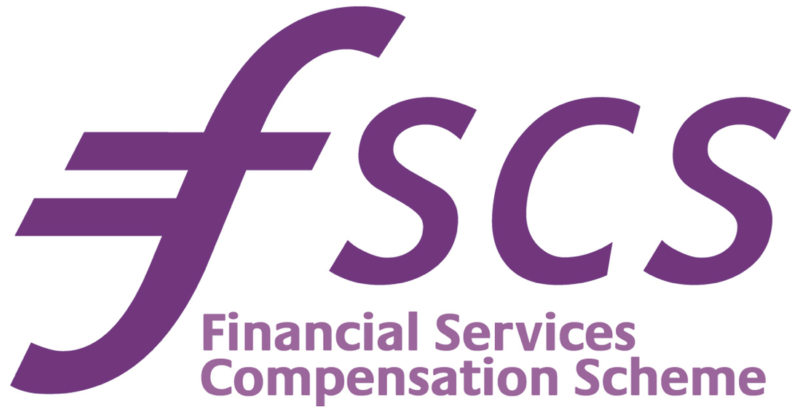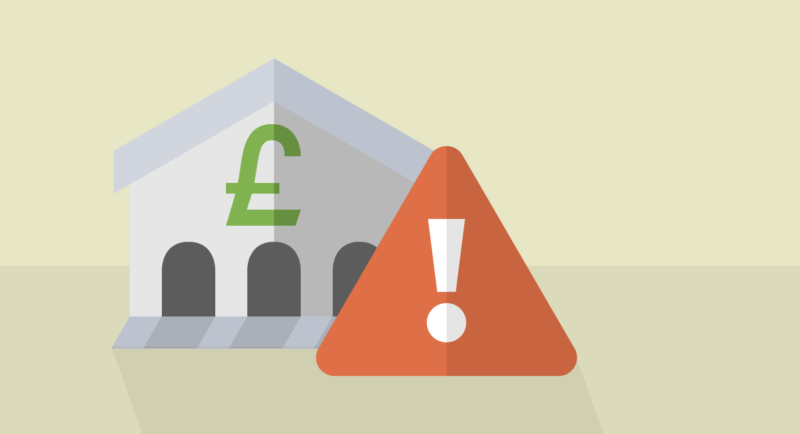If you can’t work, this type of insurance can offer security.

Income protection insurance will pay out if you are unable to go to work. You could receive a tax-free percentage of your normal salary.
You might not be able to work because you are ill for a long period of time. Or you may have had an accident and need time to recover.
You would receive statutory sick pay for up to 28 weeks from your employer. But that might not be enough time or provide enough cash to live on.
While some employers do have extended sick pay schemes, not everyone has this benefit. If you are self employed, you do not have this safety net to rely on either.
Some insurance policies will also pay out if you lose your job and have a period of unemployment.
-
1
Short-term income protection
Short-term income protection will pay out on a successful claim for a fixed period of time. The monthly payments, worked out as a percentage of your normal salary, will be tax-free.
If you're too sick to work, the payments would continue for up to 12 months in most cases. It is possible to pay more to arrange a longer period with some insurers.
This type of protection can also cover you if you lose your job. You’ll have to make sure that your policy covers this, and you may have to pay extra to get this level of cover.
Note that insurers will not pay out if you take a voluntary redundancy package. They also won't pay if you knew that you were going to be made redundant when you took out the policy.
-
2
Long-term income protection
Long-term income protection can last much longer than short-term protection. It will continue to pay out until you’re ready to return to work, until you reach an agreed age, or until you die.
If you have agreed an age that payments will stop, they will still stop if you die before you reach that age.
If you remain unable to work because of your illness or injuries, it will continue to pay out.
-
3
Payment protection insurance
A variation on this type of insurance is payment protection insurance. You may well know it by its initials: PPI.
This type of protection covers payments on a specific debt or regular payment. These payments could be your monthly rent, mortgage, a personal loan or on a credit card.
It has become infamous due to the large mis-selling scandal of the early 2000s. It was often ‘bundled’ with other financial products, without thought to the customer’s needs.
Some customers might never have been eligible to claim on the PPI. Some weren’t made aware that they were buying PPI at all. The poor sales practices of the lenders involved continues to shake people's trust.
Despite all this, PPI can be a useful product. If you became unable to work, it could pay your mortgage and other loan payments for a set period of time.
It wouldn't be unreasonable to feel a little unsure about PPI, given its reputation. If you don’t know if it’s suitable for you, talk to an independent financial advisor. They’ll be able to offer advice on insurance and talk you through other options.
-
4
Critical illness cover
As an alternative or addition to income protection insurance, you should consider critical illness cover. This type of insurance will pay out a tax-free lump sum if you became seriously ill.
There are restrictions to what illnesses it will pay out for however. See our guide to critical illness cover for more on this type of insurance.



